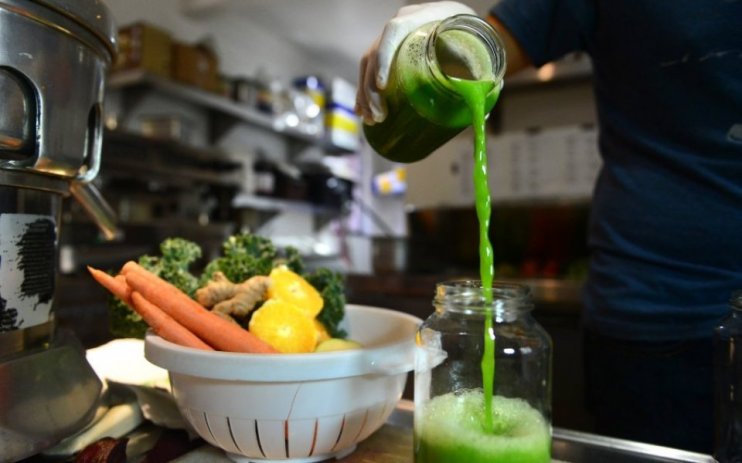Exclusive: London-based Peckwater Brands swallows competitor to become largest virtual food brand in Europe

Peckwater Brands has acquired its chief competitor eatclever, making it the largest provider of virtual food outlets in Europe.
The acquisition has seen Peckwater scooping brands like taste&soul, KoChi and Chicos from its health food-focused competitor, expanding its reach into Germany, Austria and Switzerland in the process.
The terms and price of the deal are currently unknown, although Peckwater’s purchasing power has been boosted by a £15m Series A funding round in June of last year, backed by a number of venture capital groups as well as the Stonegate Group.
It comes as the London-based company’s second acquisition in five months, after it bought Honest Food Company from Delivery Hero in September 2022.
Sam Martin, CEO and co-founder of Peckwater CEO and co-founder, said: “This is such an exciting development for us. With eatclever, we have acquired the virtual brand delivery market leader across Germany, Austria, and Switzerland, which is a tremendous opportunity to increase our presence in central Europe”.
Following the acquisition, Peckwater and the brands under its ownership will operate across 12 countries spanning Europe, North America and Asia.
Growing in popularity during the pandemic, virtual kitchens helped keep food outlets afloat during lockdown restrictions, but as the need for social distancing faded, they became a way for food delivery services to prevent losses amid fierce competition and rising operating costs.
Unlike a traditional dining outlet, virtual food outlets, also known as dark kitchens or ghost kitchens, have no real-world customer-facing presence, instead reaching customers through external delivery apps like Deliveroo and Just Eat.
They require minimal staff and come with fewer overheads than a traditional restuarant, typically operating out of low-cost premises in industrial parks or warehouses.
This business model keeps operating costs to a minimum, maximising profit margins and helping to meet customer demand while mitigating the rising costs facing food delivery services.